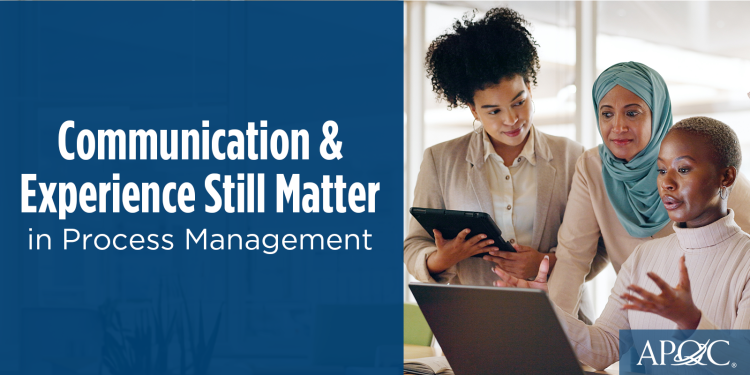
I recently wrapped up research on our People of Process Management project. We conducted this survey back in 2019, and it was fun to gather new insights, as well as look at the data from 2019 – see what has changed, what has stayed the same, and what makes process people who they are.
This is part two of my research recap and covers what has changed, or stayed the same, since the 2019 survey. To learn about what drives professionals to a career in process and the skills needed, see part one here: 5 Reasons People Choose a Career in Process Management.
Now, let’s dive in!
Years in Current Position
One shift from 2019 until today that I’m excited to see is that people have remained in their positions longer. Previously, the majority of process professionals remained in their current positions for less than three years (63% of survey respondents). However, in the 2023 survey, the data revealed that professionals are now staying in their position for longer tenures (only 38% of professionals have stayed less than three years, which means that most stay in positions for three years or more. With the many changes that occurred over the past four years, it begs the question if the pandemic may have driven more people to stay in their jobs longer? While this is a possibility, there was also a period where the job market was very much in favor of the employees, resulting in many employees chasing after the “next best offer”. I think this period drove employers to provide better employee incentives and alluring benefits to increase long-term retention. The shift from an employer to an employee market created lasting trends, but the average number of year’s experience remained the same with most process professionals having ten years or more experience.
A Change in Core Competencies; Communication Remains Constant
In part one of my blog, I touched on the current competencies process professionals possess, which is important when looking at the year-over-year comparative data. Process professionals are now focused on flexibility, active listening, and communication. Whereas in 2019 the focus was on critical thinking, process management and communication. The need for flexibility and active listening as core competencies is not surprising considering the constant change in the world and workforce over the last few years. Like other industries, process professionals now have a multitude of ways to work. With more organizations embracing fully remote, hybrid, and in-person, process professionals must exhibit strong communication and listening skills, and adopt an agile working style to easily adapt to changing business needs – both within and outside of the organization. It’s also interesting to note that AI and process automation are now necessary skills to develop in the next 18 months, (both of which were not even in the top eight competencies in 2019).
One competency that has remained constant over the past two surveys is communication. I continually hear from process professionals that there is a consistent need for communication, transparency, and visibility. Moreover, organizations must learn how to effectively communicate project scopes, the needs of their employees, expectations of stakeholders, etc. to set them up for success. In this, it’s also important for organizations to employ a variety of communication styles with employees to ensure everyone can effectively receive and understand information. Learning about and considering employees and stakeholders will ensure greater understanding and satisfaction for all.
Want to learn more about people of process? Join me for a webinar in December to hear more about the findings from the survey. Register today, and in the meantime learn more about the research here: People of Process Management 2023.